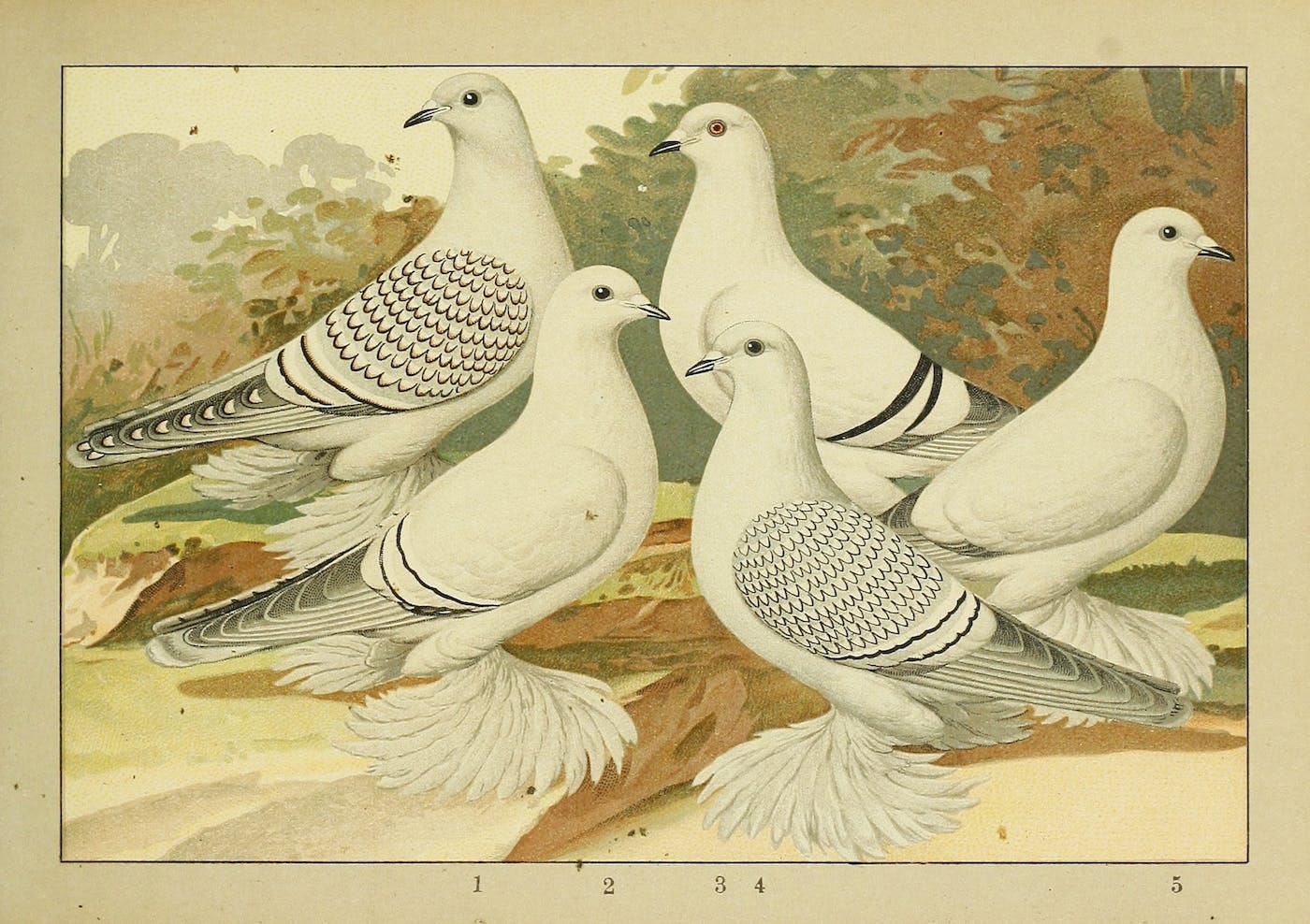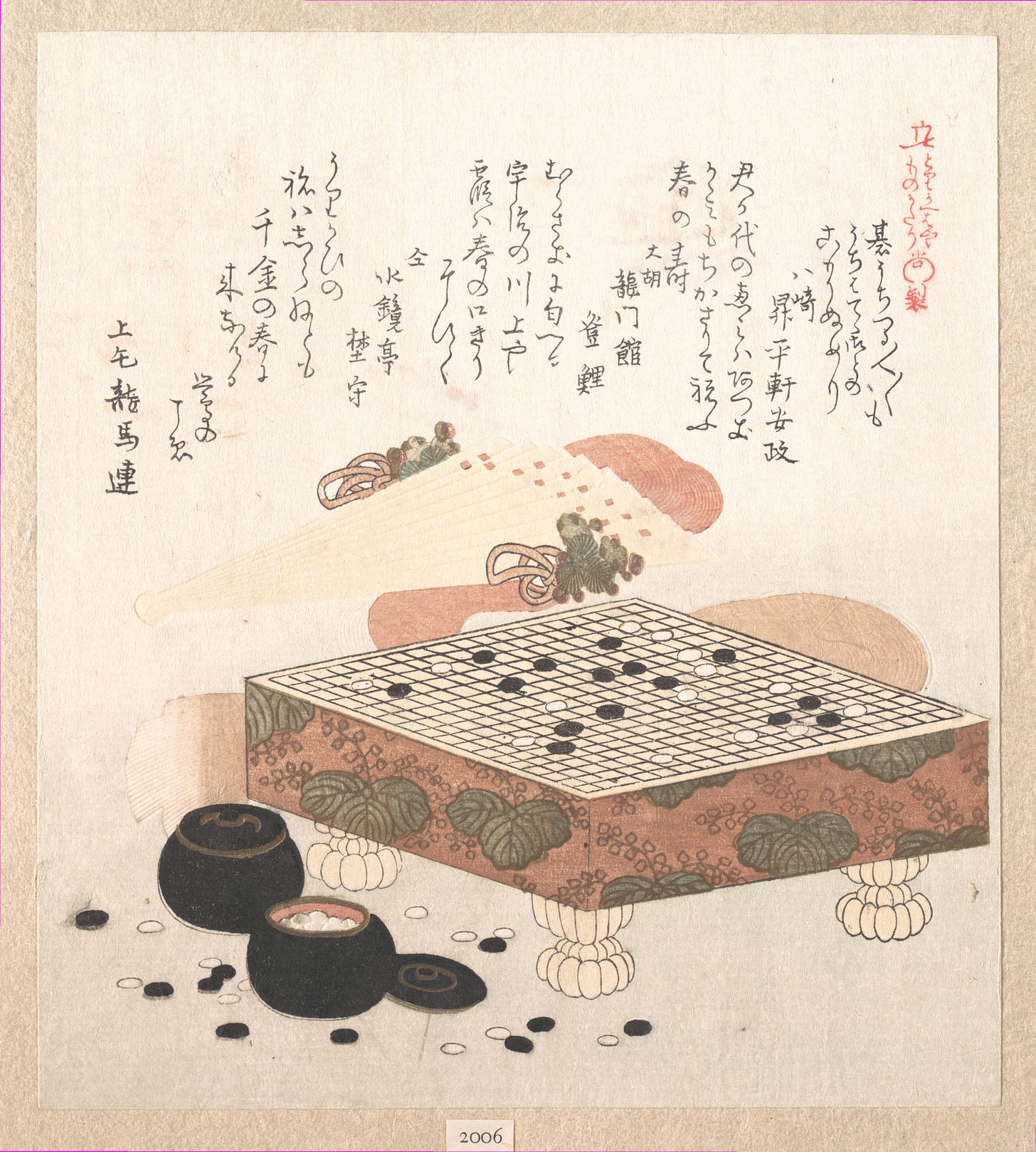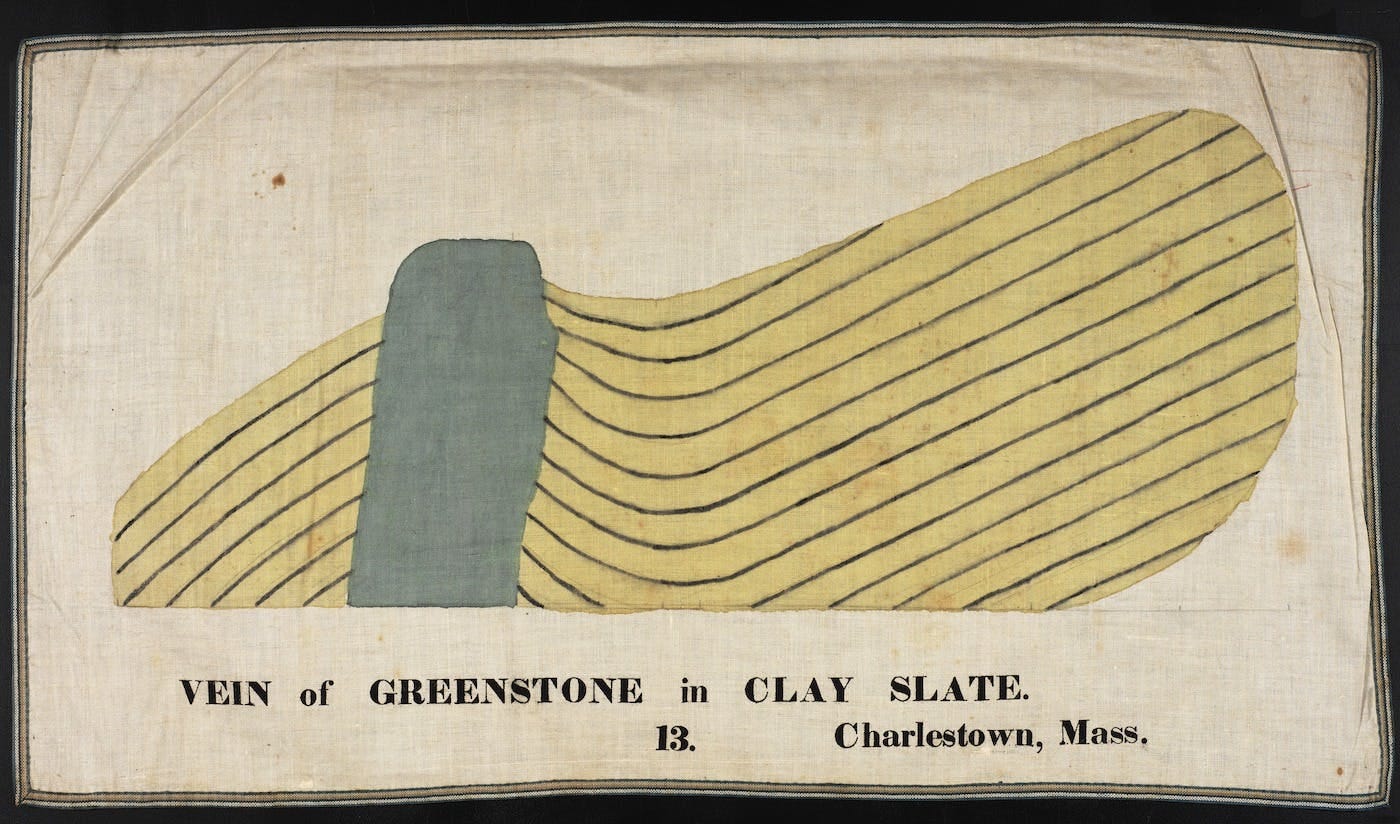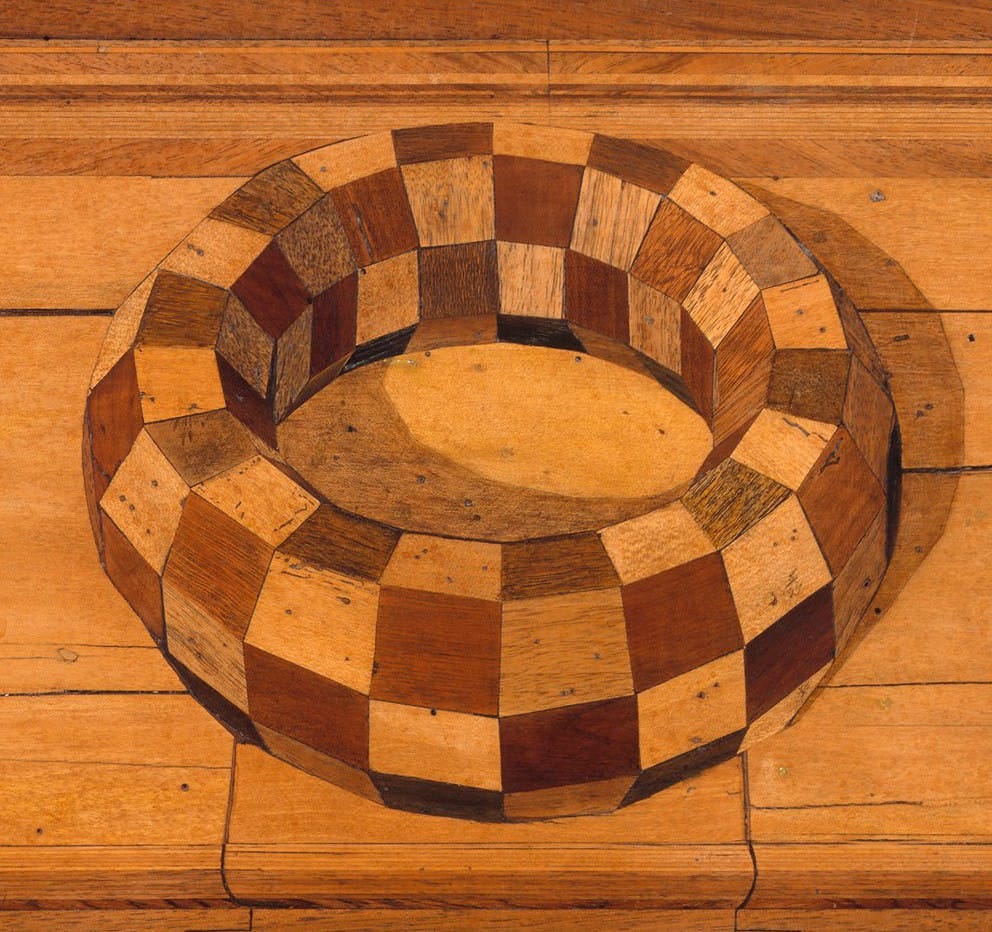Currents are at fault for everything that has ever happened and everything that ever will
An introduction to currents, ontologies, possibilities, and simulation
You did it.
After months of exploration and experimentation, you have pinned down a great philosophical theory.
You are itching to tell somebody about it, and it so happens that you are meeting with two philosophically interested friends in the evening—at your favorite restaurant, no less!
You arrive late to your friends already seated. They are in mid-conversation, but gesture upon noticing you.
“Glad you could make it,” one says.
“The pleasure is all mine,” you reply. “How have you two been?”
As much as you would like to jump straight into elaborating your theory, you know that your friends might have something to say too. In any case, you are curious about them.
“I’ve been OK,” one says, “but…”
“I haven’t,” says the other. “Rasha died on Sunday.”
“Oh no. I am sorry for your loss.”
At this point, it becomes clear that tonight is very likely not the right one to tell your friends of your discovery.
But how?
The answer lies in currents, parameters that cause effects.
Currents: Cause and Effect
There were many different ways you could have acted that evening. Instead of asking your friends how they were, you could have started explaining your theory right away.
While that was a possibility, it was not how it really happened. This distinction between possibility and reality is important in understanding currents. Generally, possibilities are the ontologies that are allowed under certain constraints. Think of an ‘ontology’ as a list of facts. In a game of Go, for instance, the placement of all the stones, and whose turn it is, are part of its ontology. The possibilities of your next turn are the stone placements and other factors that are allowed by the rules of the game.
Furthermore, possibilities are realized, which, for my purposes here, simply means that they become real. What it means to be real is not something I try to answer here. Nevertheless, there is one effect that I think is worth mentioning: both the real ontology and possible ontologies change. When you actually play your game turn, the state of the board changes, and so do the possibilities. For instance, it is impossible, according to the rules, to repeat the move you have just played.
But if all the moves are equally possible, why play one move rather than another? Most people prefer moves because they view them as more likely to win them the game. More specifically, the current board state determines where certain moves would be more valuable than others. On top of that, experience and knowledge factor in evaluating board state and exploring potential avenues of victory.
All of those factors are currents, the various parameters that determine which possibilities realize, and which do not.
Returning to the example, the fact that Rasha died on Sunday is one current that determined what really happened: if Rasha did not die, the evening would have gone quite differently.
But there is more to the story than that—if nobody told you that Rasha had died, you might have gone on to lecture about your theory. How could you have known not to? We can deduce that your friends telling you about Rasha must have been a current. But even then, you might not have had the sensibility to hold back on explaining. As a result, your sensibility is a current we can add to the model.
And between your friends telling you all this and your sensibilities, you must have had some sort of understanding about what "Rasha died on Sunday" means. Another current. And for you to understand anything, you must have some sort of mind. Another current. And for you to have a mind, you must exist! Another current—
This easily becomes very chaotic. Let us turn to some more concepts to organize this model better…
Current Ontologies
Recall that possibilities are ontologies, which can be thought of as lists of facts.
In a physical ontology, there may be electrons, fields, and forces, among other things. In a metaphysical ontology, which has to do with existence more abstractly, there may be cats,1 philosophy, and friendship, among other things. In an epistemological ontology, which relates to knowledge and understanding, there may be beliefs, concepts, and desires, among other things.
The important principle to understand here is that ontologies play out on their own terms. Take a few examples: electrons create electric fields, which are currents in physical ontologies. People may become friends by doing philosophy together. Those happenings are part of metaphysical ontologies. And desires may turn into beliefs, the dynamics of which can be understood in epistemological ontologies.
Yet, we can understand our states of mind, perhaps belonging to epistemological ontologies, by investigating our brains, which might be said to be part of some neurological ontology. The reason why this works is that we can pull the two into some other ontology, say, a metaphysical one. As interesting as this problem is, it is not the main point of my essay, so I leave it for now.
The important point here is that physical currents play in physical ontologies, epistemic currents play in epistemic ontologies, and so on. To better understand the dynamics of the evening, it will be best to investigate it in some particular ontology.
Let us continue with an epistemic one, and bring our search to a close with simulation.

Simulation
When you hold back from talking about your philosophical discovery, you do so partly because you expect doing so to result in effects you would not like.
In essence, you simulate the scenario. You consider the various epistemic currents people have, like their receptivity to your position, their stress levels, their various beliefs, and so on.
When your friend told you of the passing of Rasha, you ‘updated’ your epistemic ontology, not with the fact that Rasha died on Sunday, but with various beliefs about Rasha, about your friend’s mental condition, about Sunday, and so on. The epistemic currents you assign to other people are updated as well.
As a result, simulating your talking about your philosophy predicts undesirable effects. Talking about your philosophy, then, become very undesirable, so you end up not doing so.
Simulation plays an important role in social interactions. It will be interesting to understand simulation in terms of currents.
In virtue of understanding such social interactions in this way, we gain tools that allow us to navigate social interactions and understand people through their behavior.
And since our simulation is itself effected by various currents we ourselves have, it shines light into the currents we ourselves might be.
You may be surprised to see cats as metaphysical rather than physical. I treat them as metaphysical because cats are not, in the eyes of (most?) physicists, fundamental aspects of the physical world.





